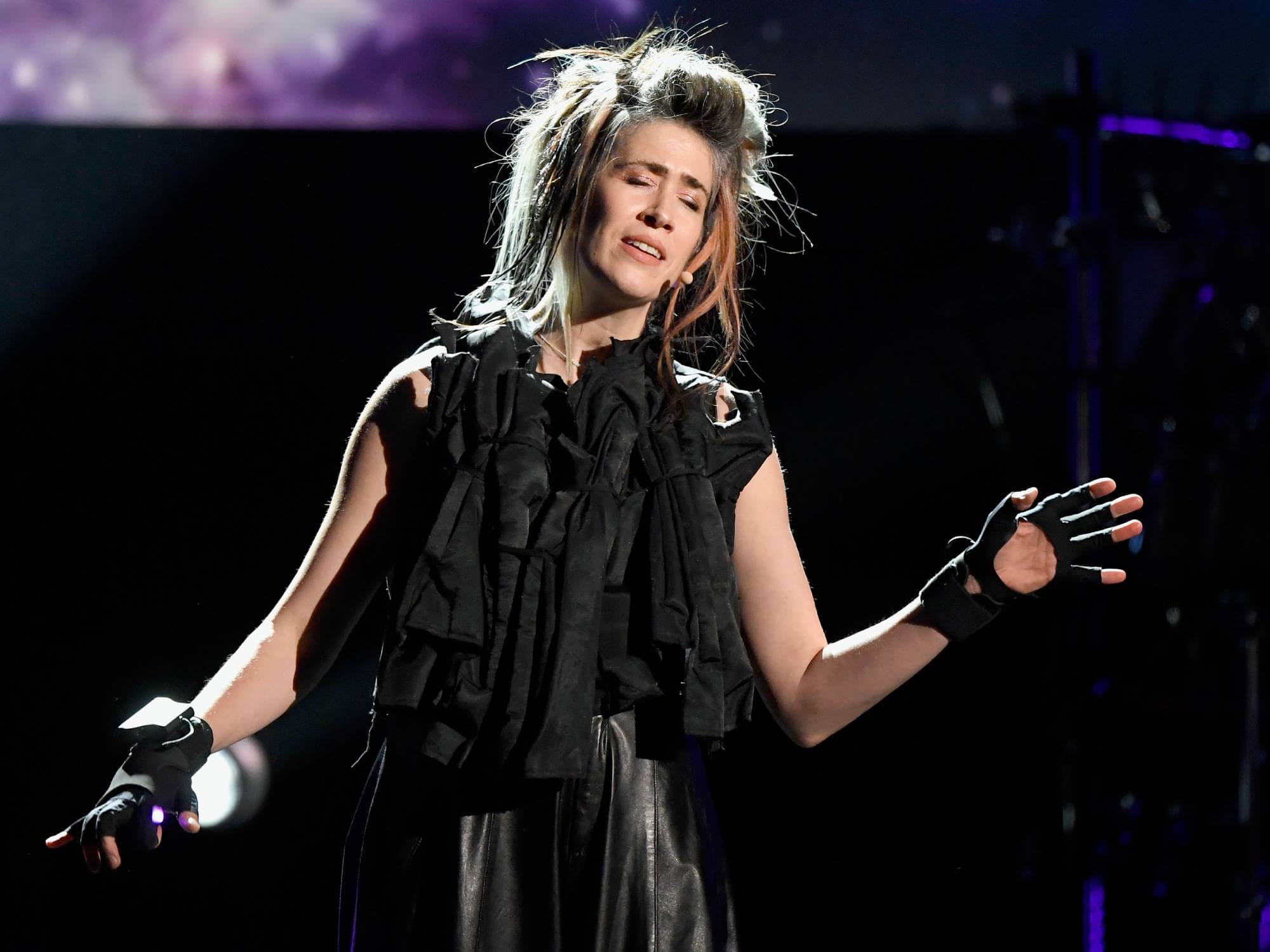“I began to feel like I had no control over the whole thing”: Imogen Heap on making an AI voice model
“I will eventually release ai.mogen so that everyone can use it, but I don’t want my voice to say hateful things. So, I need to find a way to do it on acceptable terms.”

Imogen Heap. Credit: Kevork Djansezian/Getty
Imogen Heap has constantly been ahead of the curve when it comes to technological innovation in music. So, now that she’s returning from a 10-year hiatus, it seems fitting that she’s diving into the world of AI.
In April, she released her first remix using her AI voice model, ai.mogen, collaborating with Slovakian alt-pop singer Karin Ann on false gold. Heap made the remix alone but her vocals were made by an AI model that she developed with her team.
In an interview with MusicRadar, Heap revealed that she’d had numerous offers from companies to make an AI model of her voice. “They knew that I’m interested in technology, and they knew my answer probably wouldn’t be a flat no,” she tells the outlet.
Her excitement was dampened, however, by the list of caveats and terms and conditions attached to the offers. “I began to feel like I had no control over the whole thing. Everybody kept saying how hard it is to create an AI voice model… but I just thought, it can’t be that hard.”
Heap turned the offers down and worked with an audio engineer on an open-source model, which they trained on recordings from throughout her career. “You know what? It came out pretty good,” Heap says. “After that, I was feeling more empowered, like I had a leg to stand on.”
Heap fed the entirety of false gold through ai.mogen, working with over twenty instrumental and vocal stems. “It was the weirdest thing, but it sounded amazing,” she enthuses. “It was my voice trying to sing the kick and snare, the bassline, the keys. My voice became a kind of aura surrounding everything and it really decided the direction I wanted to take the remix.”
The artist is also asked whether she’ll ever use ai.mogen’s text-generation capabilities to write song lyrics. “I mean… yeah? Perhaps I wouldn’t use her because there are other services out there that do a much better job right now,” she says. “If someone wanted to generate something in the style of my lyrics that would be fine, though I would like to be credited at some point.”
She also has plans to expand ai.mogen’s capabilities to eventually become a songwriting and production assistant. “Every single scrap of unused or used audio that I ever create goes into a folder,” she says. “We’re preparing to semantically describe all of it so that, in the future, I can come into my studio and Mogen will say ‘may I suggest this thing that you created in 1998 and as good a place to start?'”
Elsewhere in the interview, she discusses some of the issues AI poses in the music industry, particularly unauthorised voice models. “It does worry me. I will eventually release ai.mogen so that everyone can use it, but I don’t want my voice to say hateful things. So, I need to find a way to do it on acceptable terms.”
She adds: ““I’m in the middle of creating an app that enables musicians to train their own vocal models with privacy and security. The hope is that we can educate and protect people and help them feel a bit more in control of their voice.”
Read more music technology news.